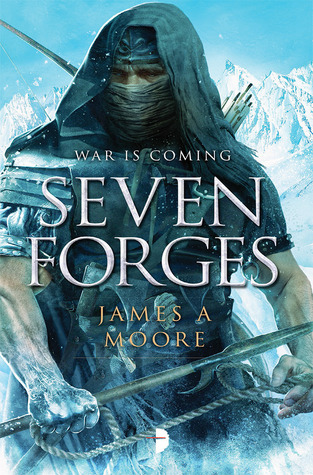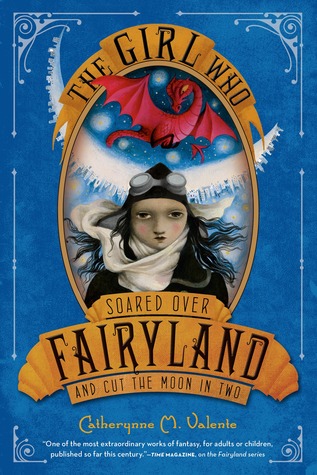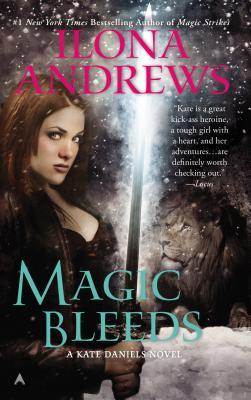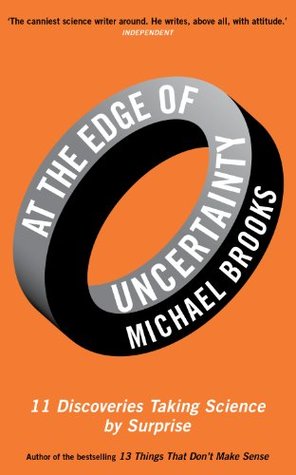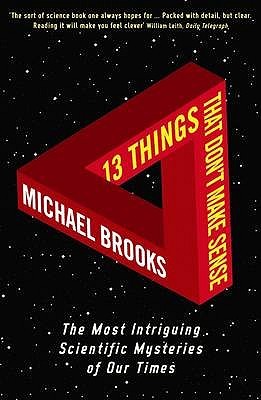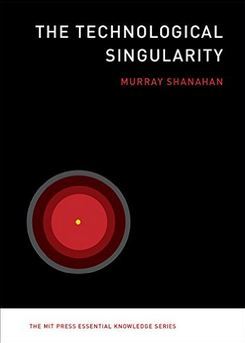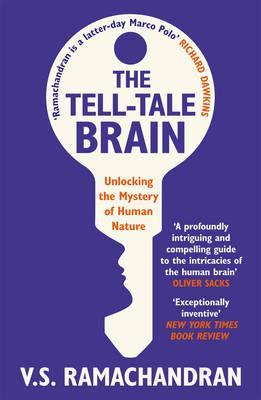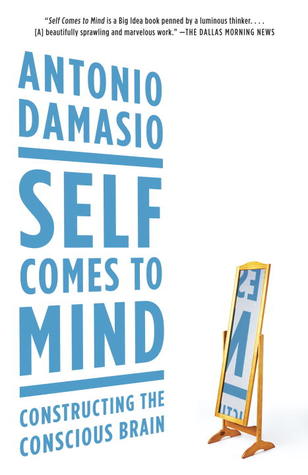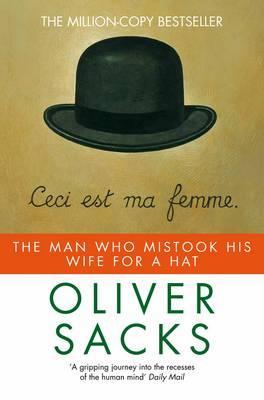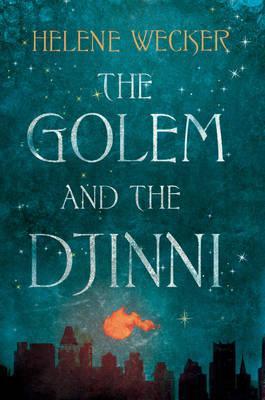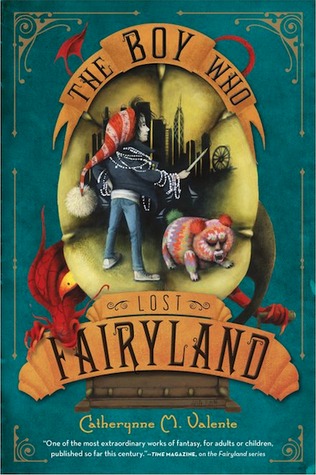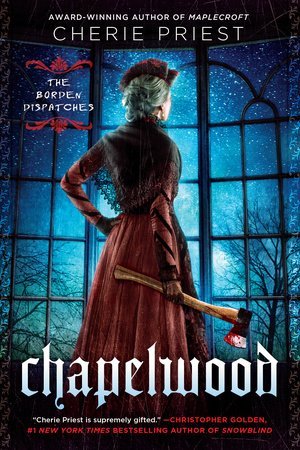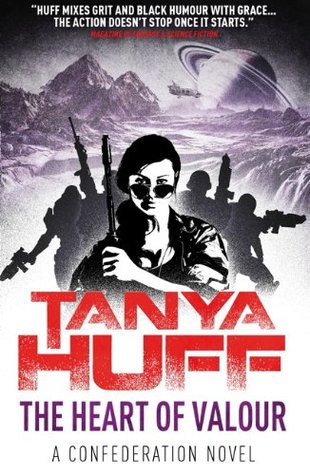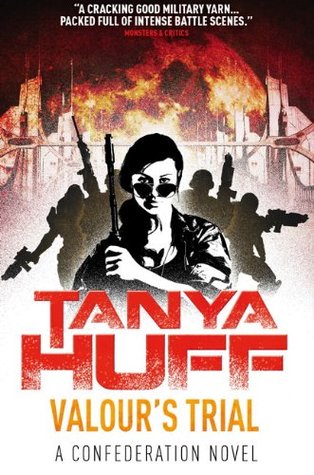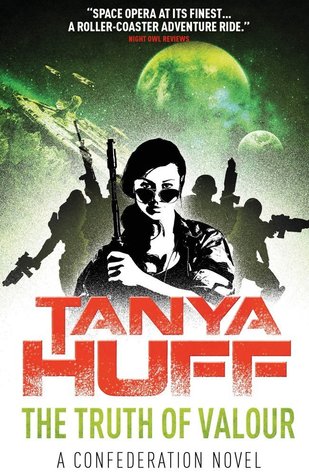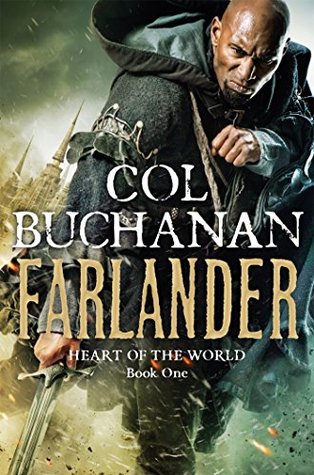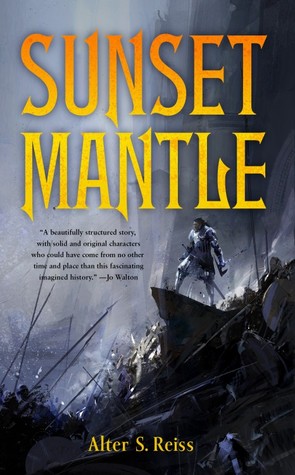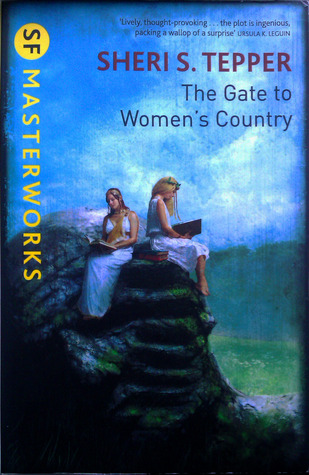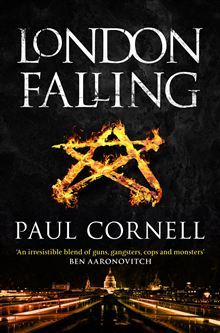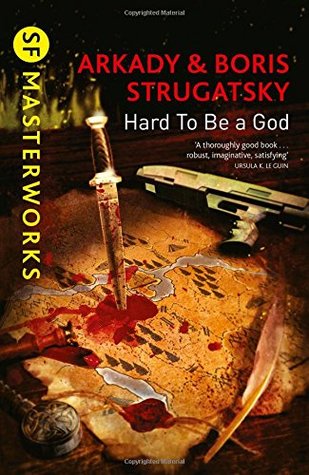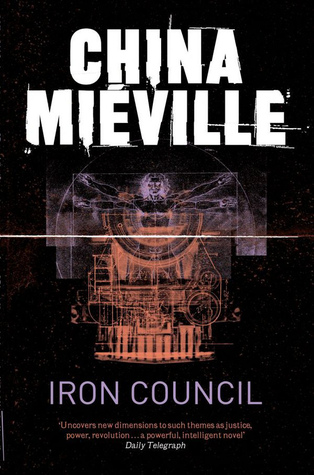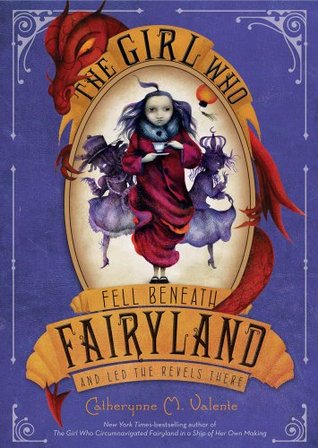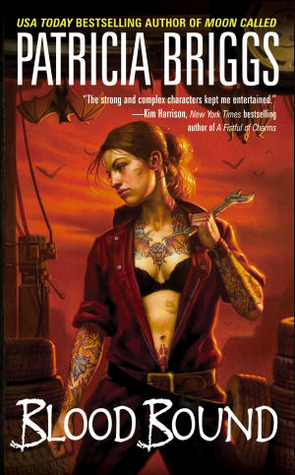Oh dear, I’ve been meaning to read this book for so long! But fortuitously, now that I have, the next book club read is going to be The Martian, and the film adaptation is coming out soon. Now I just need to get my mother to read it… I found it a lot of fun, though sometimes a bit too juvenile in the style and humour — coming right after reading An Astronaut’s Guide to Life on Earth, I was very aware that astronauts are, for example, trained in public relations. Watney’s “look, boobs!” comment and so on… mmm. That didn’t ring true of the kind of professionalism you expect from an astronaut, even bearing in mind that they’re human too and Watney’s in an awful position.
Despite that, I did get hooked on the survival aspects, working out ways and means and timings, finessing budgets, launch times and politics. It’s a formula that works pretty well, and one of the reasons I find Apollo 13 (the real event, not the movie) more interesting than, say, Apollo 12. Apollo 11 put the first men on the moon, and Apollo 13 brought astronauts home despite immense odds, but Apollo 12 didn’t have the emotional engagement of being a first or of being a disaster. The situation for Mark Watney and his crew is very similar: people have been to Mars before, interest is even waning in the program, but then the mission’s scrubbed, NASA have to scramble to bring the astronauts home safely… and the world’s eyes are back on spaceflight.
Even with the sometimes juvenile humour, I couldn’t help but smile at some of Watney’s shenanigans, and I enjoyed trying to follow the chemistry and so on. Given that this was originally self-published as a serial and there was no contact with NASA, I didn’t really look too hard for any defects in the science — and I forgave it the NASA fanboyism, since it was full of the wonder of exploring space in an obvious way that reminded me of my mum’s enthusiasm for space.
The ending is pretty abrupt, since there’s actually plenty of time to go before the mission is really over, but that did leave the moment of attempted rescue as the climax of the story, and avoided taking away any of the significance of that moment with worries about re-entry to Earth’s atmosphere and the like.
Rating: 4/5


